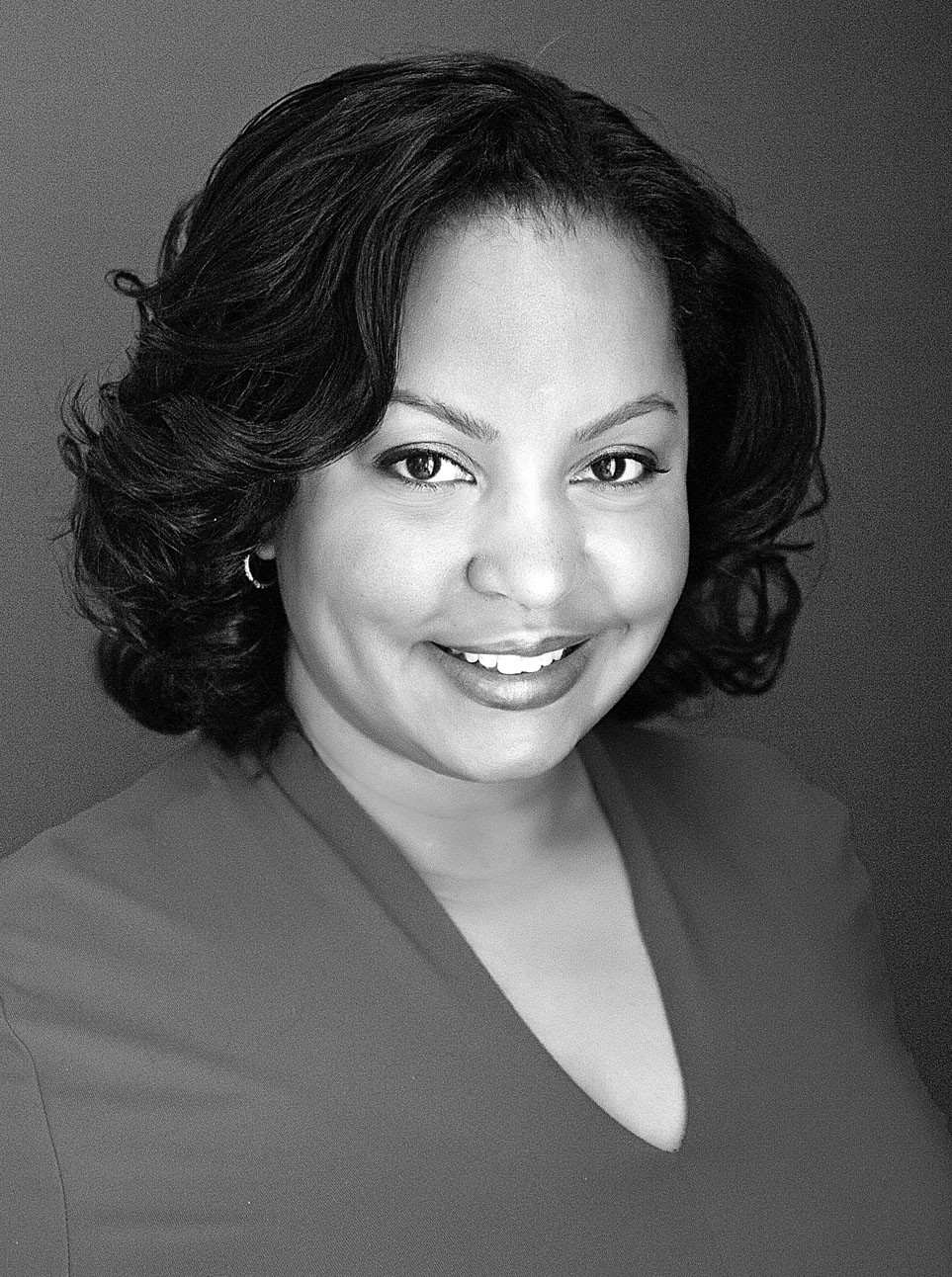
African Americans make up 63 percent of Memphis’ population. The Memphis metro area is the poorest large metro area in the nation. You don’t get rich working for someone else, or so the saying goes. Connect those three points and you have a straight line between the success of local African-American entrepreneurs and the city’s financial future.
If nearly two-thirds of Memphis is shut out of the city’s economic growth, the city will always be burdened by the problems that follow poverty. Here’s where the Economic Development Growth Engine for Memphis and Shelby County (EDGE) could make difference, although I’m not optimistic. Next month, the EDGE board will vote on new policies, including diversity spending requirements for companies that receive PILOTs, the tax breaks and incentives used to lure new businesses and jobs to town.
Right now, companies are asked to make a best-faith effort to spend 25 percent of construction and controllable spending with minority- and women-owned business enterprises (MWBEs) and locally owned small businesses (LOSBs). The new guidelines would go from a “try-your-best” model to an “or-else” requirement of a 15-percent MWBE/LOSB spend in all categories. Companies that don’t comply could have to pay back some of the tax breaks. But the change won’t translate into additional dollars for MWBEs or LOSBs, which makes it feel more like window dressing than a substantial revision.
Since 2011, EDGE has secured nearly $2 billion in projected investments. About 14 percent ($292 million) of that will go to MWBEs and LOSBs. Fourteen percent. In a city that’s 63 percent black and 50 percent female. But if you ask EDGE’s CEO Reid Dulberger how many millions went to African-American businesses, he can’t tell you, because he doesn’t know.
EDGE doesn’t know because it lumps minority-owned, women-owned businesses, and locally owned small businesses into the same pile. This failure (refusal?) to calculate how PILOTs affect black-owned businesses is inexplicable. We measure what matters. Does building black wealth matter much to EDGE, local government, the Chamber of Commerce, or any other agencies with a vested interest in the city’s financial future?
After white men complained that Shelby County’s race/gender-conscious contracting program was biased against white men, the county switched to a program for locally owned businesses, defined as those with annual sales under $5 million.
To understand how thoroughly people of color are shut out economically, look at data measured by the city of Memphis. Although white men make up around 18 percent of Memphis’ population, their businesses received nearly two-thirds of city municipal contracts.
Those most likely to dismiss the racial disparity are also those who profit most. “Blacks are enjoined to get over it, to stop playing the victim role, take personal responsibility,” said Darrick Hamilton, associate professor of economics and urban policy at the New School. But diligence and hard work doesn’t translate into wealth for families of color, Hamilton said last week during a webinar on racial wealth inequality sponsored by the Ford Foundation and the Federal Reserve System.
Among the alarming figures he shared from 2011 federal data: An unemployed white head of household had nearly twice as much net wealth ($21,892) as a black head of household working full time ($11,649). Households headed by white high school dropouts had more wealth ($34,700) than households headed by black college graduates ($23,400). Low-income white families had more household wealth ($60,000) than middle-income black families ($42,800).
“The source of the racial wealth gap is that some individuals have access to some seed money so that they can purchase an asset that will appreciate over their lifetime when they are young adults,” Hamilton said.
It would be easy to blame the gap on black people’s bad choices, said William Darity of Duke University, but there’s no evidence to support that theory.
“These historical and existing structural factors mean that individuals who are engaged in trying to do the right thing are actually overwhelmed by the constraints that they’re confronted with,” Darity said.
Those factors are, in short, rooted in racism — a subject that ruffles feathers for black and white people, although for different reasons. But if EDGE, local politicians, and civic leaders want something we’ve never had — economic parity — they have to do something they’ve never done. We could start by measuring what matters, unless it doesn’t really matter.